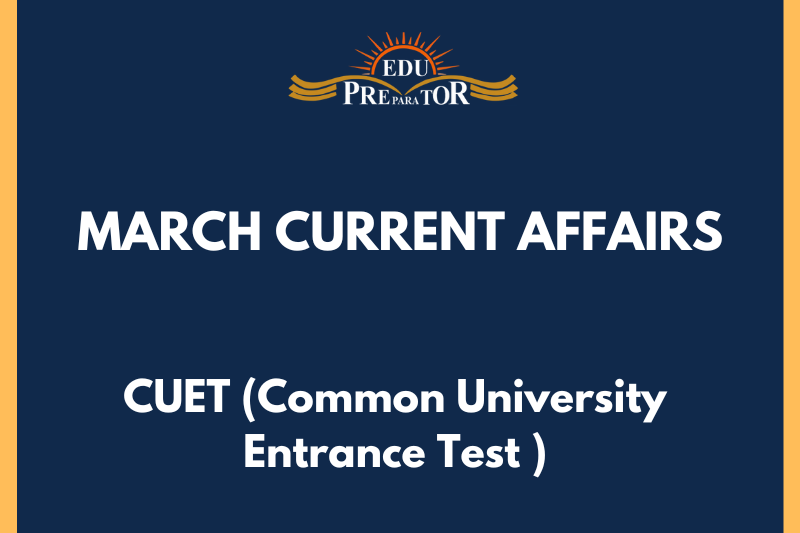
Understanding the Mechanism and Implications of Rajya Sabha Elections
1: Rajya Sabha Elections: The Basic Procedure
- The Rajya Sabha elections are held indirectly, by the elected members of each state's Legislative Assembly, according to Article 80 of the Indian Constitution.
- In situations where the number of candidates exceeds the vacancies, the Rajya Sabha elections are necessitated.
- The Representation of the People Act, 1951 was amended in 2003 to prevent cross-voting, enforcing open ballot system during the elections.
2: Allocation of Seats and Election Process
- The Rajya Sabha houses a total of 250 members representing states and Union Territories.
- A certain number of seats are allocated to states based on their population.
- Elections occur through an indirect system of proportional representation using Single Transferable Vote (STV).
- Quotas determine the number of votes required for a candidate to secure a seat.
- The process of preferential voting and the management of surpluses and eliminations ensure an efficient election process.
3: Significant Cases and Legal Amendments
- In 2018, the Supreme Court denied the option of "None Of The Above" (NOTA) in the Rajya Sabha elections.
- Parliamentary privileges do not exempt legislators from criminal prosecution for taking bribes, as illustrated by the overturning of the judgement regarding the JMM bribery case in 2024.
4: Applicability of the Anti-Defection Law
- The Tenth Schedule of the Constitution, known as the "anti-defection" law, does not apply to Rajya Sabha elections.
- Party members are not obliged to adhere to party instructions during these elections, leading to instances of cross-voting.
5: Understanding and Impacts of Cross Voting
- Cross-voting happens when a party member votes for a candidate from another party.
- Disagreements, inducements, and ideological differences often lead to cross-voting.
- Cross-voting can compromise representation, encourage corruption, weaken party discipline, and undermine democratic values.
- Conversely, cross-voting can also indicate independence, serve as a system of checks and balances, and foster accountability.
6: Supreme Court Rulings Regarding the Tenth Schedule and Rajya Sabha Elections
- The Supreme Court has upheld the system of open ballot for Rajya Sabha elections while recognizing that disciplinary actions can be faced by those who vote against party lines.
- The apex court ruled that actions both inside and outside the legislative body can infer voluntary giving up of membership.
7: Ways to Improve the Election Process
- Stricter laws and regulations are required to combat electoral malpractices.
- Promoting discipline and accountability within political parties can also lead to significant improvements in the democratic process.



Comments
Nam cursus tellus quis magna porta adipiscing. Donec et eros leo, non pellentesque arcu. Curabitur vitae mi enim, at vestibulum magna. Cum sociis natoque penatibus et magnis dis parturient montes, nascetur ridiculus mus. Sed sit amet sem a urna rutrumeger fringilla. Nam vel enim ipsum, et congue ante.
Cursus tellus quis magna porta adipiscin
View All